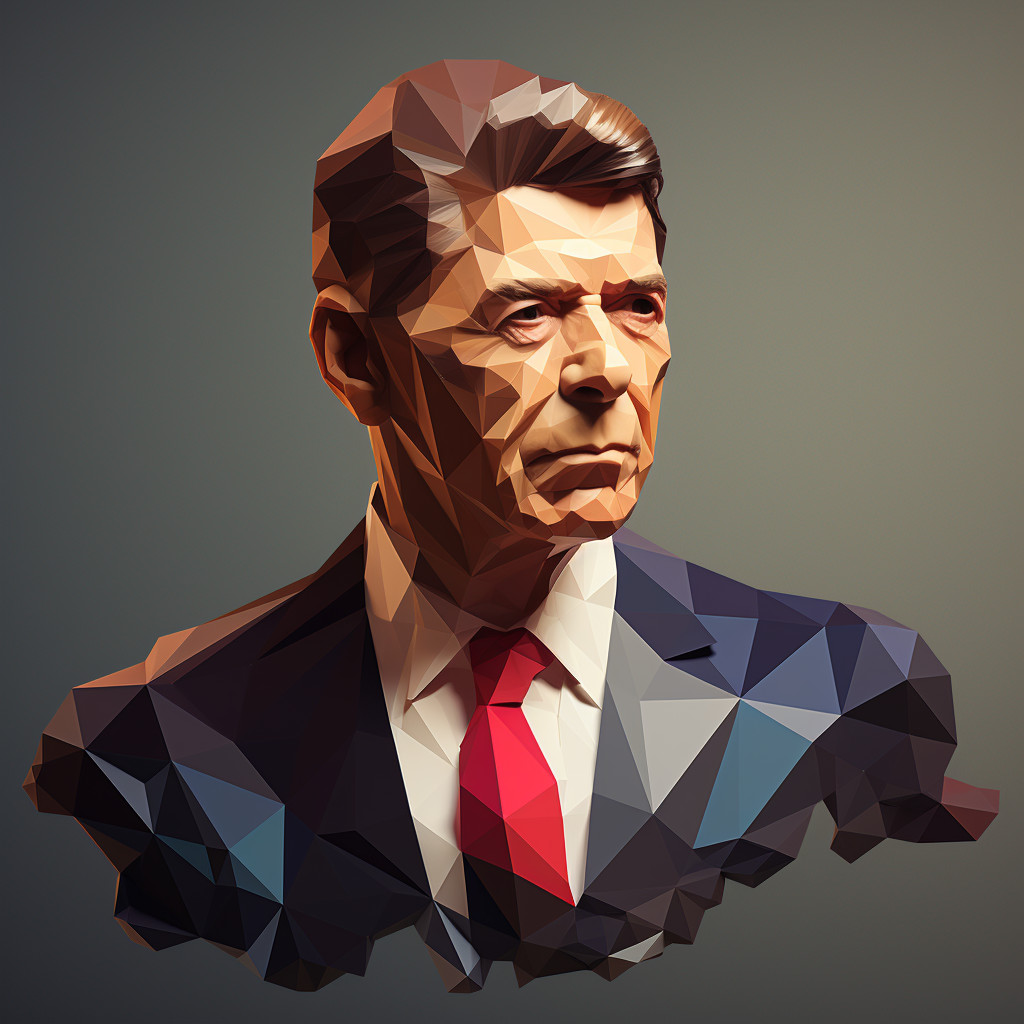This quote speaks to the essence of freedom as the ability to challenge status quo and alter established norms. In other words, true freedom is not just about the right to do as one pleases, but also about the capacity to question, critique, and ultimately transform existing systems and practices. It suggests that freedom is not a passive state, but an active process of engagement with the world.
The depth of this quote lies in its recognition of the transformative power of freedom. It underscores the idea that freedom should not be understood merely as an absence of restrictions, but rather as a positive force that enables change and progress. This perspective shifts the focus from freedom as a personal privilege to freedom as a collective responsibility.
In today’s world, this idea is particularly relevant. We live in an era of rapid change and growing inequality, where many established ways of doing things are being challenged. From social movements advocating for racial justice and gender equality, to technological innovations disrupting traditional industries, the right to question and change the established way of doing things is at the heart of many contemporary developments.
On a personal level, this idea can be applied to the process of self-improvement and personal growth. It suggests that in order to grow and develop as individuals, we need to be willing to question our own habits, beliefs, and assumptions, and to be open to changing them if necessary. It encourages us to see ourselves not as fixed entities, but as works in progress, capable of continuous learning and transformation.
In conclusion, this quote presents a powerful vision of freedom as a catalyst for change and progress, both at the societal level and at the level of the individual. It invites us to see freedom not just as a right, but as an ongoing process of questioning, learning, and growing.





